
A peptic ulcer, also known as PUD or peptic ulcer disease, is an ulcer of an area of the gastrointestinal tract that is usually acidic and therefore exceptionally painful. Ulcers are mucosal erosions equal to or greater than 0.5 cm. Peptic ulcers are actually open sores in the lining of the stomach, known esophagus, or duodenum. Most of the ulcers arise in the duodenum, which is the first part of the small intestine, right after the stomach.According to the American College of Gastroenterology, peptic ulcers affect as many as 10 percent of Americans at some point in their lives. This means that about 20 million Americans will develop an ulcer during their life.
Causes of peptic ulcers
It was not long ago that doctors thought that peptic ulcers develop as a result of various lifestyle factors, such as frequent use of spicy foods or stressful life. Today we know that a type of bacteria called Helicobacter pylori, causes most of the peptic ulcers. A many as 70 to 90 percent of all cases are associated with this bacteria. About 4% of stomach ulcers are caused by a malignant tumor, and the rest of it usually develops as a side-effect of long-term use of non-steroidal anti-inflammatory drugs, such as ibuprofen.
Helicobacter pylori are a common gastrointestinal infection. Bacterium may normally live and multiply within the mucous lining of the tissues in the stomach and small intestine, causing no problems at all. However, sometimes it disrupts the mucus layer and causes inflammation to the stomach or duodenum, resulting in an ulcer.
Symptoms of peptic ulcers
Symptoms of peptic ulcers usually include burning pain in abdominal area. This pain is often accompanied with gnawing sensation and typically occurs 2 or 3 hours after eating. The pain is often worse when the stomach is empty, and it may sometimes aggravate during night. The pain is normally relieved by antacids or milk.
In more severe cases, symptoms may include the vomiting of blood, dark blood in stools or stools that are black or tarry, nausea or vomiting, unexplained weight loss, and changes in appetite.
Treatment of peptic ulcers
Treatment of peptic ulcers focuses on killing the bacteria and reducing the level acid in the digestive system. By reducing the levels of acid, patients will get the significant relief from pain. Treatment includes lifestyle and diet moderations as well as the use of prescribed medications: antibiotics, acid blockers, antacids, proton pump inhibitors, and cytoprotective agents. The ulcers may fail to heal if the patient continues using tobacco or alcohol during the treatment.


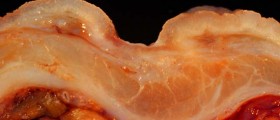
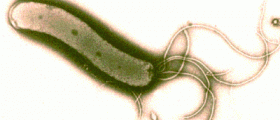


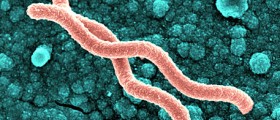


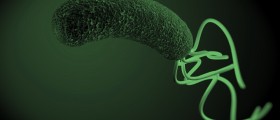

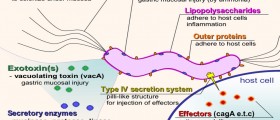





Your thoughts on this
Loading...